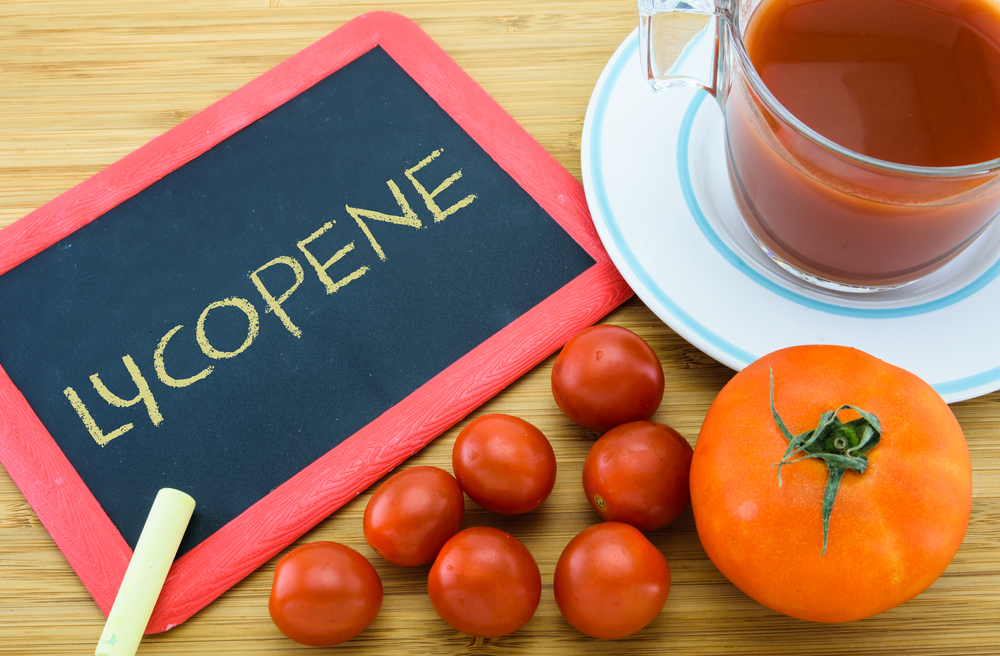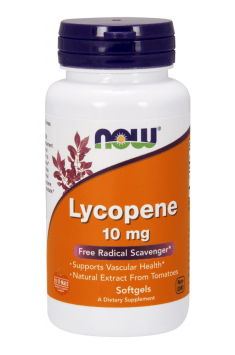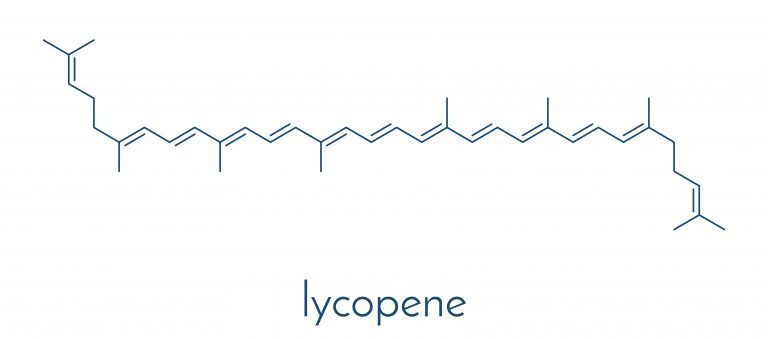Lycopene is a natural ingredient of food. It has antioxidant properties, therefore lycopene contributes to maintaining good state of health and supports our immune system. In what food products can we find lycopene? How does it influence our organism?
What products are the source sof lycopene?
Lycopene is an orange-red pigment which appears in a natural form in red fruits and vegetables. The main source of lycopene are tomatoes and tomato products. They play an important role in providing this element with diet, which is caused by their high consumption in the raw or processed form (juices, concentrates, sauces).
Lycopene can be also found in watermelon, apricots, ruby red grapefruits, red guava, however, the intake of these products is low in comparison to tomatoes.

The content of lycopene in products
The content of lycopene in tomatoes is influenced by their variety and the level of ripeness.

The level of lycopene increases along with the ripening of vegetables and is the highest in products coming from summer crops.
In processed products there are small losses of the content of lycopene. Apart from this, other activities performed during the production of tomato products influence the improvement of the release and absorption of lycopene, such as fragmentation, pickling, freezing and also the presence of fat in a diet. Thanks to this, our organism may better utilize lycopene. This compound is more sensitive to the activity of oxygen and light than temperature. It is resistant to high temperatures, boiling in water and steam, stewing and microwave heating. Undernourishment and the presence of intestinal parasites decreases the utilization of lycopene by our organism.
The concentration of lycopene in blood depends not only on eating habits and age, but also (in women) on the phase of the menstrual cycle - the highest concentration takes place in the middle of the phase of yellow body. The concentration of lycopene in blood serum is decreased with age.
The activity of lycopene
In plant cells, lycopene plays an important role in the absorption of light and takes part in the process of photosynthesis as an ingredient supporting chlorophyll.
Lycopene belongs to carotenoids, which have antioxidant properties. Antioxidants bind reactive oxygen forms (free radicals), which are considered the cause of cancers and cardiovascular system diseases (coronary heart disease, atherosclerosis, hypertension). Free radicals also contribute to skin discoloration and take part in the processes responsible for aging of the organism. It is important that lycopene not only neutralizes free radicals, but is also able to restore other antioxidant ingredients, e.g. lutein.
Lycopene has inhibiting influence on the synthesis of cholesterol and moreover it helps to eliminate “bad” cholesterol (LDL) from blood. Apart from this, lycopene improves the state of skin.






